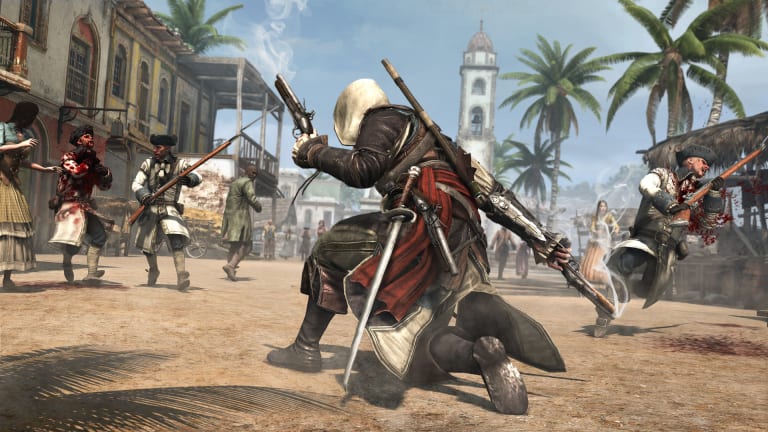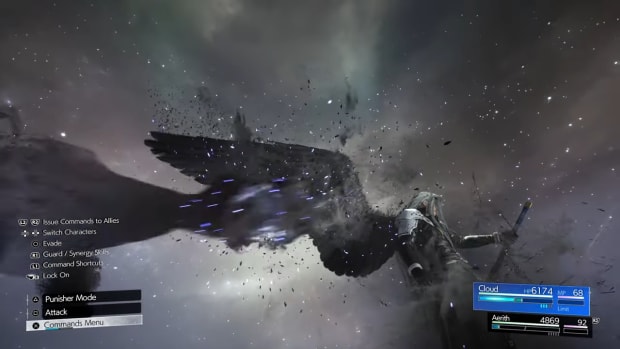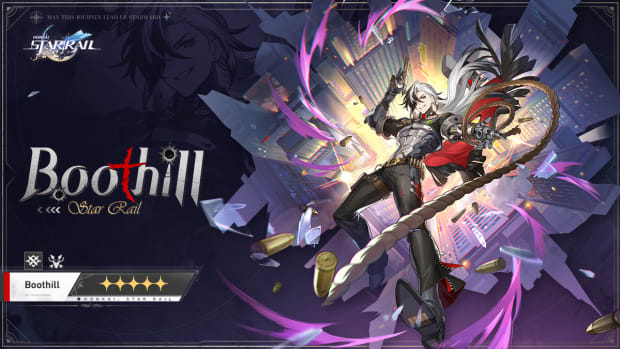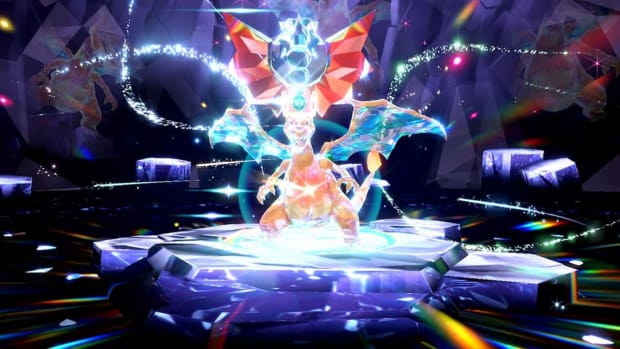
Assassin’s Creed creator hasn’t had the Ubisoft logo in his house for 11 years

Patrice Désilets is the creator of Assassin’s Creed. It feels weird to say that about a game developed by hundreds of people, but he’s the person who conceptualized it and directed it from there after Ubisoft tasked him with redefining the action genre. What a mandate. Still, the final result was thanks to all the people who worked on it. What a job. What a team.
It might not seem like it now, but they pulled that mandate off. A lot of modern game design can be traced back to Assassin’s Creed. The ability to climb any surface, scaling towers to unlock the map, how it doled out objectives across an open world – so much of the way sandbox games are made today can be traced back to that lineage, for better and worse.
When I speak to Désilets at the boutique games conference Reboot Develop, he seems as if he’s tired of talking about it. “You have to understand that I've spent half of my career outside of Ubisoft,” he says. “It's been 13 years.”
The problem is, his indie studio’s debut game, Ancestors: The Humankind Odyssey, isn’t really something that people still talk about. It did relatively well, selling 1.5 million copies as of December last year, but unless you’re incredibly lucky and you create something that changes the landscape forever – hello, Assassin’s Creed – the conversation moves on quickly in video games.
Désilets tells me he still gets letters about his “weird ape game”, despite the critical reception being lukewarm. “My ego was [hurt], yes,” he replies when I ask if he took it personally when the reviews dropped. “You spend so much time on something you believe in and it’s your baby, and somebody says, ‘Your baby is ugly’. It’s tough.”
For his team’s next title, he plans to make sure they grab the player within the first five minutes, instead of having them starve to death or be eaten by a snake while searching for twigs. But Désilets can’t talk about what’s next for Panache Digital Games yet. He’s contractually gagged. And so we’re back to Ubisoft.
I want to know if he has any regrets from his time there and he mulls it over for a bit, takes a drag of his cigarette, almost says no, and then…
“Maybe in my early years, I was a bit too aggressive when protecting my ideas,” he says, blowing out the smoke. “I was still struggling to understand that we do games together.
“We were all the same fucking age when we started at Ubisoft, and I was in charge. People around me were asking why I was in charge. I would have done it with a bit more of a softly, softly approach as I do now, but it’s hard in your twenties. Plus you have power struggles with people, and Ubisoft as an organization was a bit like that.”
The reports over recent years have certainly cast Ubisoft in that light. The company is publicly working on its image, but there have been accusations of bullying and misconduct, as well as nepotism under the guise of being a “family company”.
“I was a part of that family,” Désilets says when I bring up the term. “A French Canadian. Do you know what the French call French Canadians? We’re ‘the cousins’.”
So how did it feel when he found out what his ‘cousins’ had been up to when the reports surfaced?
“I had some harsh moments with all those people,” he says. “I received some comments and some jokes that were made [about] me. Part of it was like, ‘Who cares? I’m a man.’ Then I went like, ‘Oh, I can not imagine what they did to others.’”
After he was fired from the company, before starting his own studio, he only ever played one Ubisoft game: Assassin’s Creed 3. After two hours, he turned it off. “Fuck, I’m working,” he remembers thinking at the time. “And there’s nothing I can do about it anymore. Before, I would do the same thing and someone would fix some of the shit.”
These days, he says he doesn’t follow Ubisoft at all. He tells me that he says this to protect himself from people like me. The honesty is frankly refreshing.
“The Ubisoft logo hasn’t entered my house since 2012,” he says. “I have full respect for all the teams – the people who are making games and marketing them and managing the games. Because I know even though it's Ubisoft, it's not Ubisoft – it’s people.”






